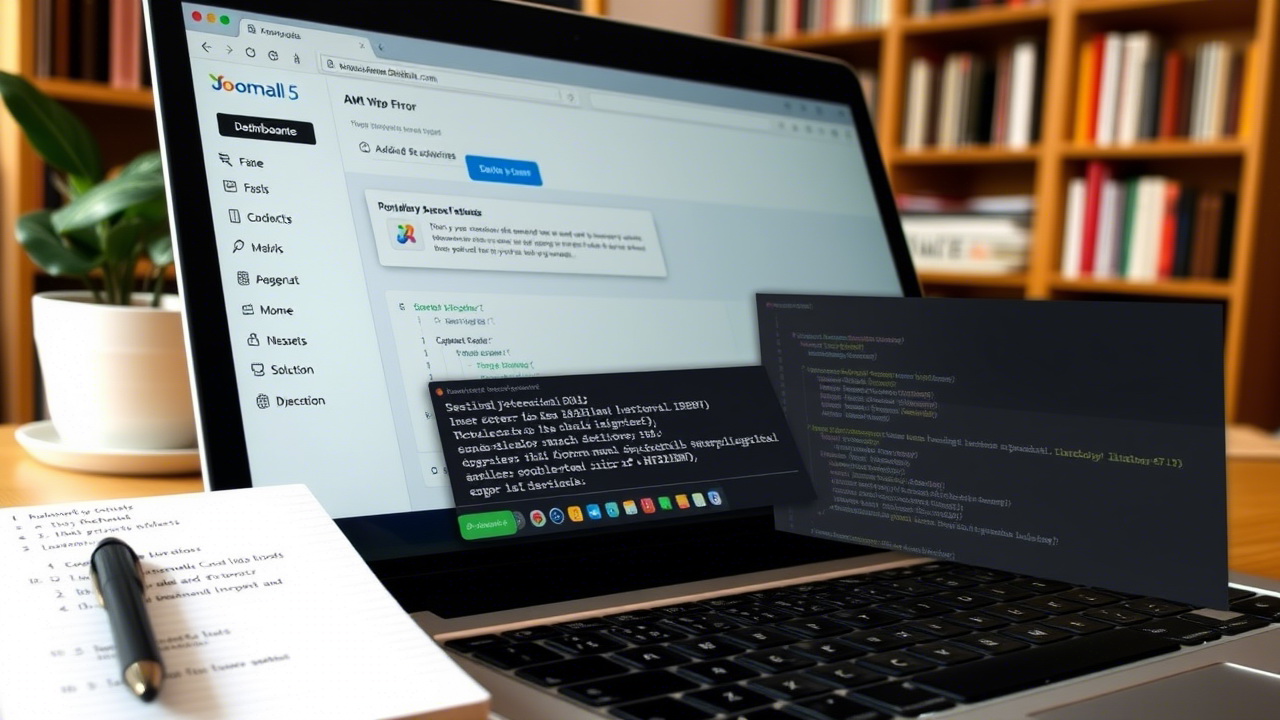In the world of website development, WordPress tends to dominate the conversation. It’s widely used, beginner-friendly, and incredibly flexible. So why, then, do I often recommend Joomla over WordPress to my clients?
The answer lies in the type of clients I serve and the level of control, flexibility, and structure Joomla provides out of the box. In this post, I’ll share the key reasons I regularly choose Joomla for professional websites and client projects.
1. Built-In Content Management Structure
One of Joomla’s biggest advantages is its native support for custom content types and categories. While WordPress requires custom post types and additional plugins to achieve similar complexity, Joomla has a structured content system built right into the core.
This is especially useful for:
- Larger websites with many different types of content
- Multi-author environments
- Clients who want fine-grained control over how content is organized and displayed
2. Superior Access Control (ACL)
Joomla has powerful Access Control List (ACL) features built in. This means you can create complex permission structures — like editors who can only access content in one category, or users who can only see certain menu items — all without installing third-party plugins.
For clients with teams, intranet sites, or membership-based platforms, this is a game-changer.
3. Multilingual Ready – No Plugin Needed
If your client needs a multilingual website, Joomla handles this natively. You can create a bilingual or multilingual site without relying on third-party plugins like WPML or Polylang, which often cause compatibility or performance issues in WordPress.
With Joomla, languages, menus, and modules are integrated into the core CMS — providing a cleaner, more stable solution.
4. Flexible Templating System
Joomla gives developers more flexibility in how layouts are built and displayed. You can assign different templates to different menu items or pages, use template overrides to customize component output, and build dynamic layouts with more precision.
This is ideal for clients who want their site to look and behave differently across various sections, such as blogs, product listings, or landing pages.
5. Less Reliance on Plugins
While WordPress often relies on dozens of plugins to provide basic features, Joomla comes with many useful tools out of the box:
- Caching and performance controls
- SEO settings (metadata, aliases, etc.)
- User management
- Contact forms
- Menu systems
Fewer third-party plugins mean fewer compatibility issues, better security, and simpler maintenance for my clients.
6. Security and Stability
WordPress is more frequently targeted by bots and malware — not because it’s inherently insecure, but because of its sheer popularity and the vast ecosystem of plugins and themes (some poorly coded).
Joomla has a smaller attack surface, and its development community is very active in terms of updates and patches. Combined with a good security extension (like RSFirewall or Securitycheck Pro), Joomla sites can be incredibly secure and reliable.
When I Still Use WordPress
I won’t pretend Joomla is always the better choice. If a client:
- Needs a quick landing page or basic blog
- Wants an extremely simple UI
- Plans to rely heavily on prebuilt themes and plugins
…then WordPress is a solid option.
But when structure, scalability, access control, and multilingual support are priorities — Joomla is my go-to CMS.
Final Thoughts
At the end of the day, it’s not about Joomla vs WordPress — it’s about choosing the right tool for the job. As someone who’s worked with both platforms extensively, I lean toward Joomla for professional projects where long-term flexibility and control matter.
If you’re not sure which platform is right for your project, feel free to reach out. I’m happy to help you make the best choice based on your goals.












